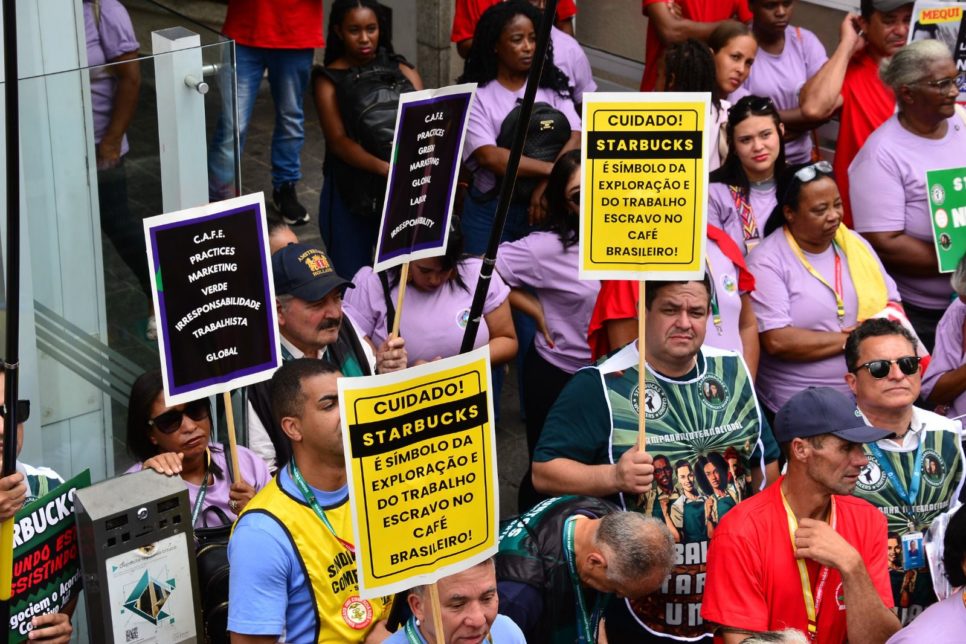Uncomfortable analysis
UN releases report on human rights situation in Brazil
 Zeid Ra’ad Al Hussein, United Nations High Commissioner for Human Rights briefs the press on Sexual abuse in foreign military operations, Palais des Nations. Friday 8 May 2015. Photo by Violaine Martin
Zeid Ra’ad Al Hussein, United Nations High Commissioner for Human Rights briefs the press on Sexual abuse in foreign military operations, Palais des Nations. Friday 8 May 2015. Photo by Violaine Martin
The Office of the United Nations High Commissioner for Human Rights published today, April 4, a report containing the more than 90 comments made by UN experts on the human rights situation in Brazil. The document will serve as a basis for the UPR (Universal Periodic Review) of the country, the most important international assessment of progress and setbacks in this area.
The review will take place on May 5 in Geneva, Switzerland. During this assessment, which is repeated every four and a half years, all the UN member states can make recommendations to the Brazilian government, which may in turn accept or reject them. This will be Brazil’s third passage through the UPR.
The document prepared by the UN is based on reports, visits and complaints made by its special rapporteurs, working groups and thematic committees since 2012 and it was distributed to the delegations of all member states to help them devise recommendations.
Read more
The text addresses some sensitive issues for the Brazilian government, namely the criticisms made by the UN special rapporteur on extreme poverty, Philip Alston, on the impacts of Constitutional Amendment 95 – that freezes public spending on health and education for the next twenty years – on the most vulnerable populations.
At least five sections of the report are dedicated to the violence, torture and poor food, healthcare and hygiene conditions in the Brazilian prison system, with a specific mention of the killing of 56 detainees in the city of Manaus in January. The UN also harshly criticized proposed legislation pending in Congress to lower the age of criminal responsibility and increase sentences for adolescents in the youth detention system.
Environmental and social violations, such as the collapse of the waste dam owned by the mining company Samarco in the town of Mariana in 2015 and the proposed Constitutional Amendment 215 that makes changes to the system of demarcation of indigenous lands, also feature prominently in the report.
- Click here to read the UN report in full.
In addition to the compilation of criticisms and recommendations made by its own experts, the UN also published a summary of the 53 reports it received from civil society organizations. Countries also use this independent analysis to formulate the recommendations they will make to the Brazilian government on the day of the review.
- Click here to see the compilation of reports submitted by civil society.
- Click here to see all the reports submitted by Conectas.
According to Camila Asano, coordinator of the Foreign Policy program at Conectas, the UN report is an “accurate preview” of the topics that will guide Brazil’s UPR. “The document reveals that the United Nations is aware of the serious situation of setbacks to human rights in Brazil and that the government will have to be more realistic and less self-indulgent during the review process,” said Asano in reference to the report sent by the Brazilian government in February.
“The UPR is a major international showcase of the main human rights challenges faced by the country. The process has been well informed by the UN and by Brazilian civil society organizations, and there will certainly be no room for omissions and attempts by the government to downplay the impact of the series of rights setbacks in progress in the country. It is up to the government to address this uncomfortable analysis in a responsible and committed manner,” she added.






